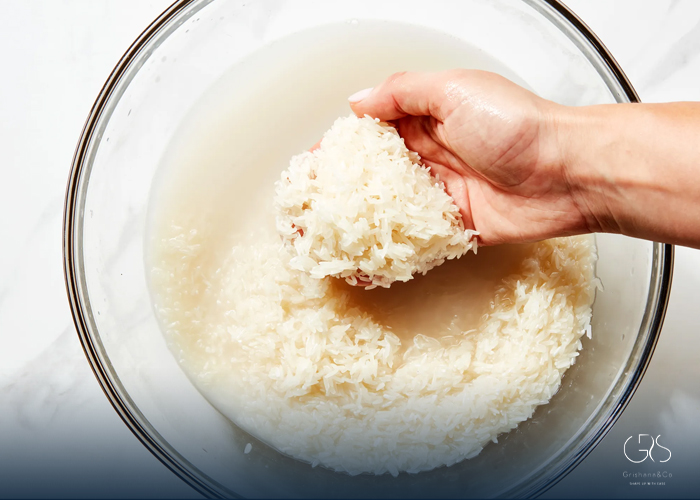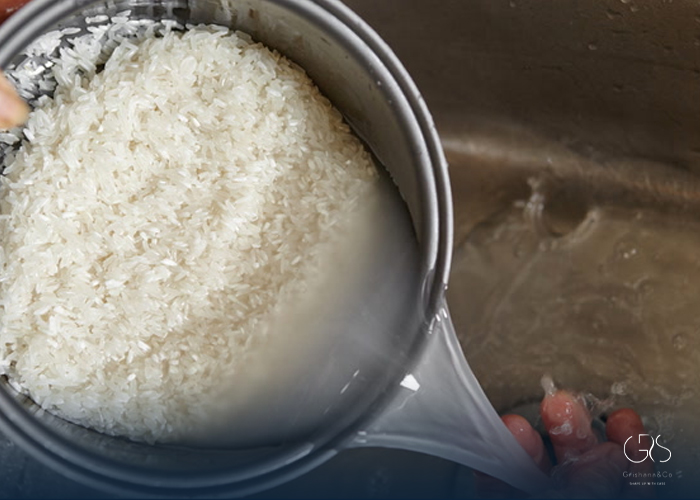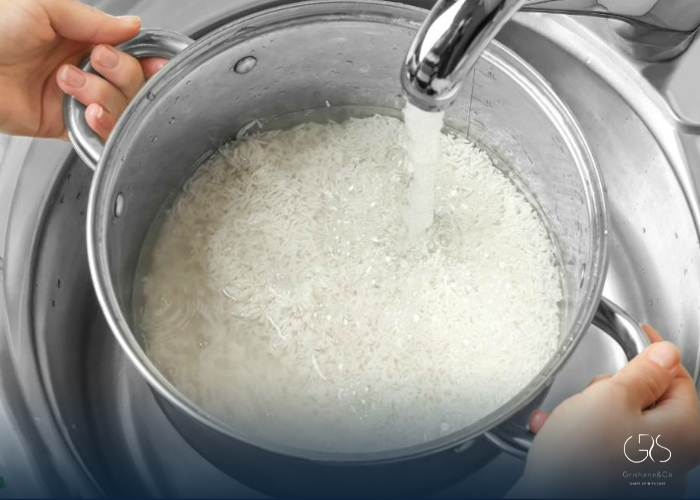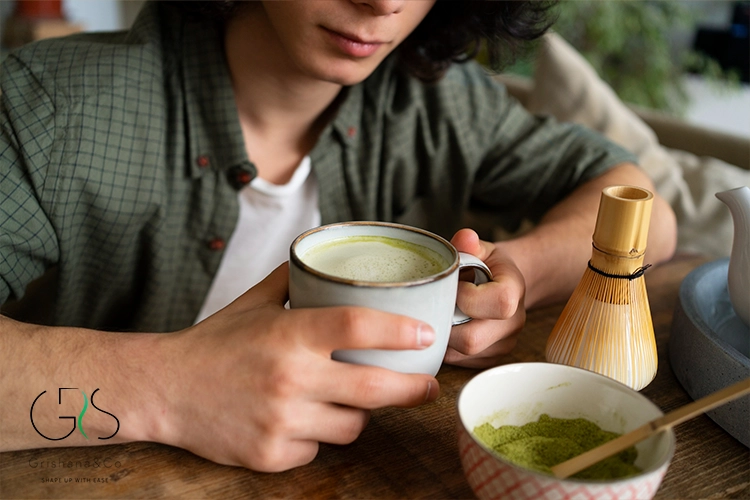The act of washing rice before cooking it is a common practice in many cultures across the world. While some people do this to get rid of dirt or tiny stones that might be in the rice, others believe that washing it can have health benefits. In this article, we will explore the truth behind these claims and discuss the consequences of washing rice.
Washing Rice May Have Food Safety Benefits
Washing rice can have some food safety benefits. According to a study published in the Journal of Food Science, washing rice can remove up to 70% of its arsenic content, a carcinogen found naturally in soil and groundwater. Arsenic can accumulate in rice and pose serious health risks if consumed regularly in high amounts. Another study found that washing rice can also lower its cadmium content, another toxic metal that can accumulate in the human body. Therefore, washing rice can reduce the risk of contamination and improve food safety.

Culinary Benefits of Washing Rice
Washing rice can also have culinary benefits. For example, washing can remove excess surface starch and improve the texture of the cooked rice. It can also help prevent the rice from clumping together during cooking. Additionally, washing can help to remove any impurities or dust present on the rice. This can give a better appearance of the cooked rice, making it look more appetizing.
Downsides of Washing Rice
Despite the health and culinary benefits of washing rice, there are some downsides to this practice as well. For instance, washing rice can cause the loss of some nutrients such as thiamine and iron, as these elements are water-soluble and can be lost during the washing process. Also, washing rice too vigorously can lead to the loss of nutrients or even breakage of the grains. Furthermore, some types of rice, such as basmati or jasmine, should not be washed as it can compromise the flavor and aroma.

Other Healthy Habits for Making Rice
In addition to washing rice, there are other healthy habits that can be adopted while preparing rice. For instance, using a ratio of one part rice to two parts water can help you cook rice in the right way. It is also recommended to cook rice under low heat conditions, which can optimize the flavor and texture of the rice. Lastly, leaving rice to rest once it is cooked can help in evenly distributing the moisture, making it more fluffy and delicious.
Conclusion
Washing rice before cooking it can have health and culinary benefits as well as some downsides. Adopting other healthy habits, such as proper cooking techniques and allowing the rice to rest, can also contribute to a healthier and tastier rice dish. Therefore, the decision to wash rice before cooking it should be made by considering various factors, including the variety of rice being cooked, cooking style, and personal preference.
Sources
- Harvard T.H. Chan School of Public Health, Rice
- Food Safety News, benefits of washing rice










